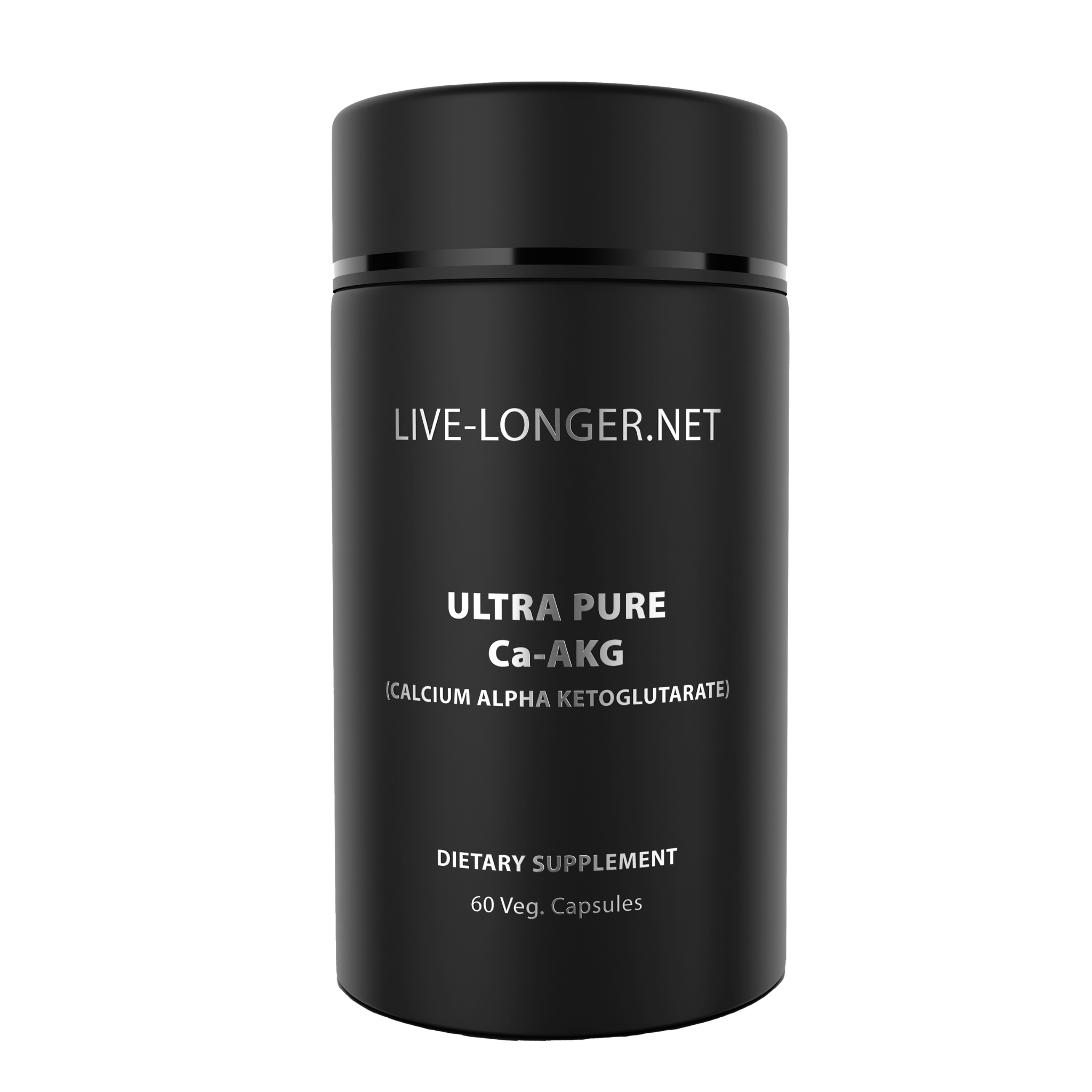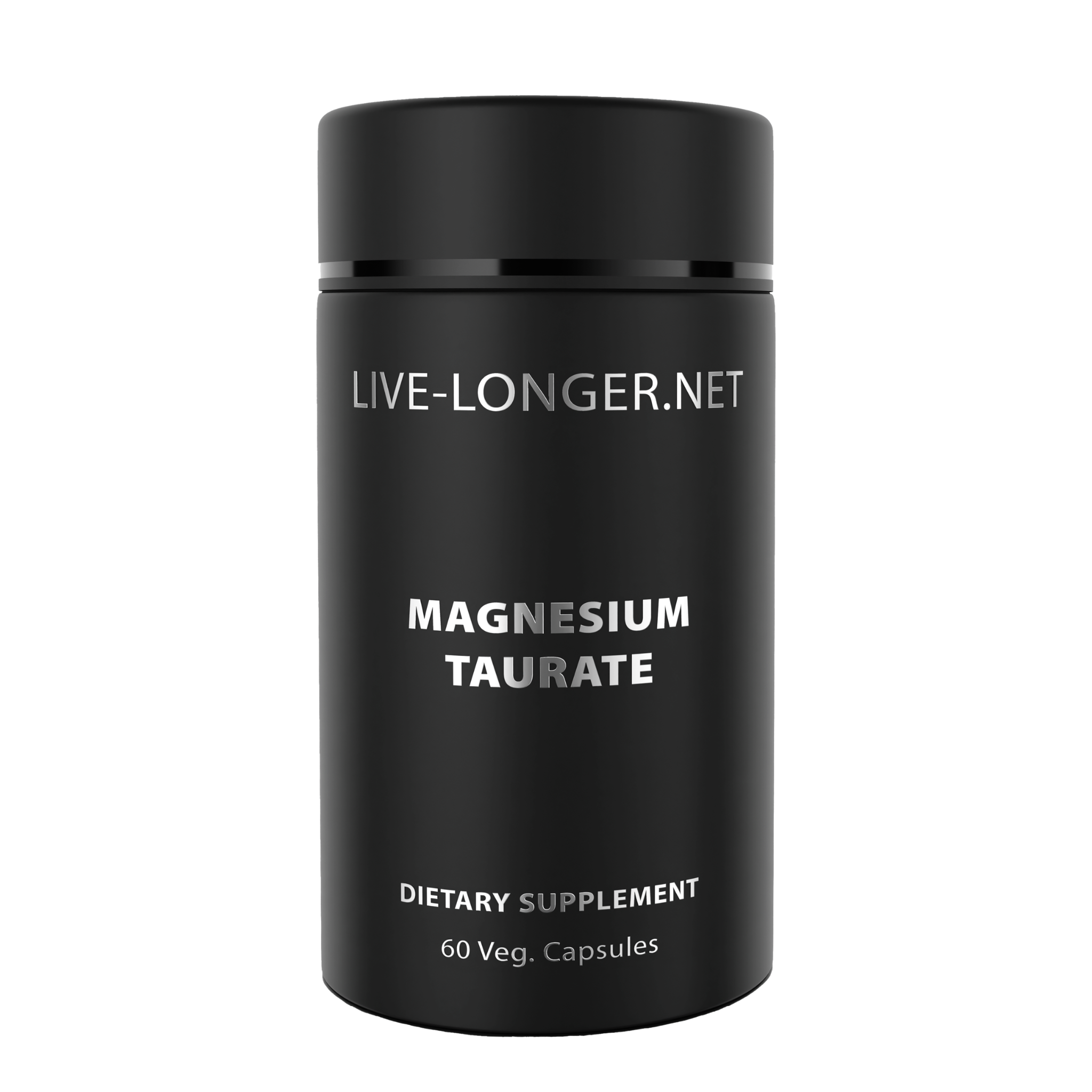Privacy Policy
Effective Date: January 25, 2024
Welcome to Live Longer. Your privacy is important to us. This Privacy Policy outlines how we collect, use, disclose, and protect your personal information when you use our website (https://live-longer.net/). By accessing or using our website, you consent to the terms outlined in this Privacy Policy.
1. Information We Collect
We may collect personal information, including but not limited to, your name, contact information, billing details, and purchase history when you use our website. We also collect non-personal information such as IP addresses, browser types, and other anonymous data to enhance your browsing experience.
2. How We Use Your Information
We use the information we collect for various purposes, including processing your orders, providing customer support, personalizing your experience, and improving our website. We may also use your information to send you promotional materials or updates with your consent.
3. Security Measures
We employ industry-standard security measures to protect your personal information from unauthorized access, disclosure, or alteration. However, no online transmission or storage is completely secure, and we cannot guarantee the security of your information.
4. Cookies
Our website may use cookies to enhance your browsing experience. Cookies are small pieces of data stored on your device that help us improve our services and provide a customized experience. You can manage your cookie preferences through your browser settings.
5. Third-Party Services
Live Longer may use third-party services for analytics, advertising, or other purposes. These third parties may have access to your personal information as needed to perform their functions but are obligated not to disclose or use it for any other purpose.
6. Your Choices
You have the right to update, correct, or delete your personal information. You can also opt-out of receiving promotional materials by following the instructions in our communications or by contacting us through our Contact Us page.
7. Children's Privacy
Live Longer does not knowingly collect personal information from children under the age of 13. If you are a parent or guardian and believe that your child has provided us with personal information, please contact us, and we will take steps to remove such information.
8. Changes to this Privacy Policy
Live Longer reserves the right to update or modify this Privacy Policy at any time. Changes will be effective immediately upon posting on our website. We encourage you to review this Privacy Policy regularly for any updates.
9. Contact Information
If you have any questions or concerns about this Privacy Policy, please contact us through our Contact Us page at https://live-longer.net/pages/contact.
Thank you for entrusting Live Longer with your privacy.



